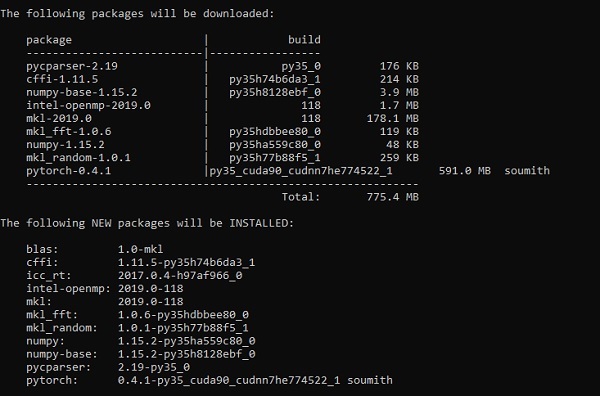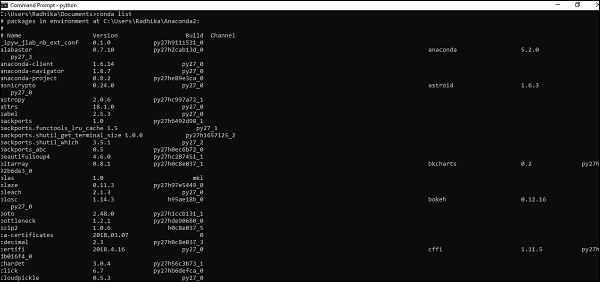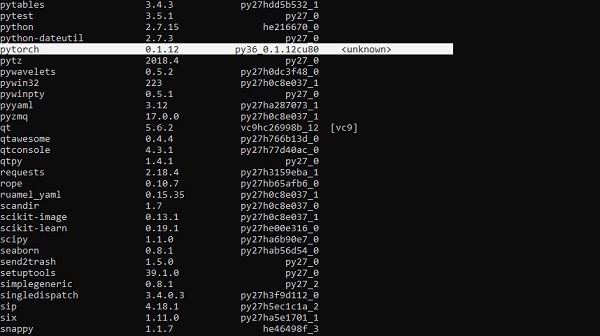
- PyTorch Tutorial
- PyTorch - Home
- PyTorch - Introduction
- PyTorch - Installation
- Mathematical Building Blocks of Neural Networks
- PyTorch - Neural Network Basics
- Universal Workflow of Machine Learning
- Machine Learning vs. Deep Learning
- Implementing First Neural Network
- Neural Networks to Functional Blocks
- PyTorch - Terminologies
- PyTorch - Loading Data
- PyTorch - Linear Regression
- PyTorch - Convolutional Neural Network
- PyTorch - Recurrent Neural Network
- PyTorch - Datasets
- PyTorch - Introduction to Convents
- Training a Convent from Scratch
- PyTorch - Feature Extraction in Convents
- PyTorch - Visualization of Convents
- Sequence Processing with Convents
- PyTorch - Word Embedding
- PyTorch - Recursive Neural Networks
- PyTorch Useful Resources
- PyTorch - Quick Guide
- PyTorch - Useful Resources
- PyTorch - Discussion
- Selected Reading
- UPSC IAS Exams Notes
- Developer's Best Practices
- Questions and Answers
- Effective Resume Writing
- HR Interview Questions
- Computer Glossary
- Who is Who
PyTorch - Installation
PyTorch is a popular deep learning framework. In this tutorial, we consider “Windows 10” as our operating system. The steps for a successful environmental setup are as follows −
Step 1
The following link includes a list of packages which includes suitable packages for PyTorch.
https://drive.google.com/drive/folders/0B-X0-FlSGfCYdTNldW02UGl4MXMAll you need to do is download the respective packages and install it as shown in the following screenshots −


Step 2
It involves verifying the installation of PyTorch framework using Anaconda Framework.
Following command is used to verify the same −
conda list

“Conda list” shows the list of frameworks which is installed.

The highlighted part shows that PyTorch has been successfully installed in our system.
Advertisements